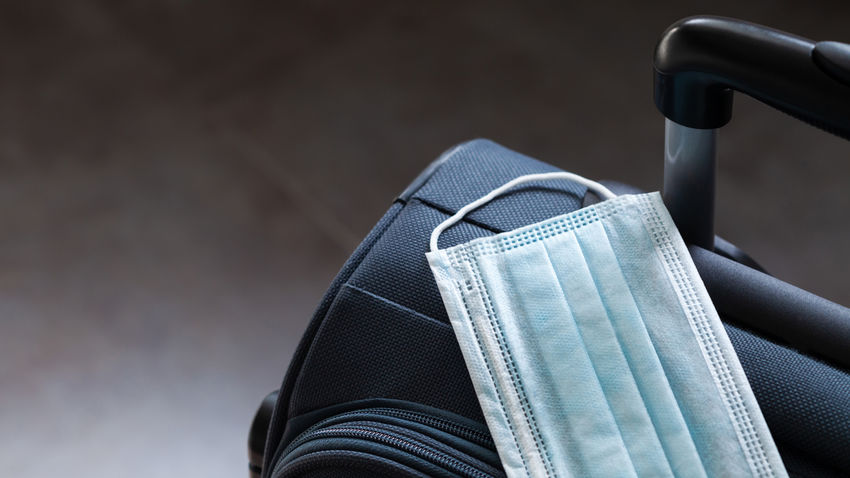
Many people who may still be weighing travel or holiday celebrations with extended family may be considering testing for COVID in order to gather safely. However, testing negative for the virus does not make gathering safe and should not be used as the basis for shortening quarantine periods.
In recent weeks and months, many institutions and states, including Pennsylvania, had required that out-of-state travellers must take a COVID-19 test and/or quarantine for 14 days after travel. Then, last week, the CDC changed its guidance to a 10-day quarantine, or 7-day quarantine with a negative COVID test result. This was a marked change, considering the 14-day quarantine had been recommended by public health professionals, who had also continually said that people cannot safely test their way out of quarantine.
While the CDC and Pennsylvania Department of Health guidance has changed, the principle behind the original guideline to quarantine for 14 days remains accurate, because tests are imperfect. For example, you can test negative while infected if you are tested too early after an exposure. (Ideally, you should be tested 5-7 days following exposure.)
It’s also worth noting that antigen (commonly called rapid) tests that give results in about 15 minutes are even more likely to return a false negative for asymptomatic folks; these especially should not be the basis for discontinuing quarantine. This is a growing problem as rapid testing is becoming more and more accessible, while molecular testing resources (the test that usually goes to a lab and takes days to receive a result) are being prioritized for those who have symptoms. Of course, an asymptomatic person may test negative but can still spread COVID. For example, the CDC estimates that 18 percent of household transmission is due to asymptomatic infection.
Some people are also testing before travel as a way to prove they are COVID-free—but it’s important to remember that tests are not predictive. A negative COVID-19 test result only shows that you tested negative at the time the sample was collected—and because the most reliable tests usually require you to wait several days for results, you may become COVID-positive by the time you receive your result. In other words, testing before you travel or before having a multi-household holiday celebration does not guarantee your or your family’s safety. Likewise, fever screening does not catch asymptomatic cases, which are estimated to account for approximately 20 percent of all cases.
There is only one way to guarantee the health of your loved ones this holiday season: to celebrate remotely this year, so that we can all gather, fully vaccinated, next holiday season. And if you do decide to travel, consider following the original, more sound guidance to quarantine for 14 days.
Krys Johnson is an assistant professor in the Department of Epidemiology and Biostatistics at Temple University’s College of Public Health.
